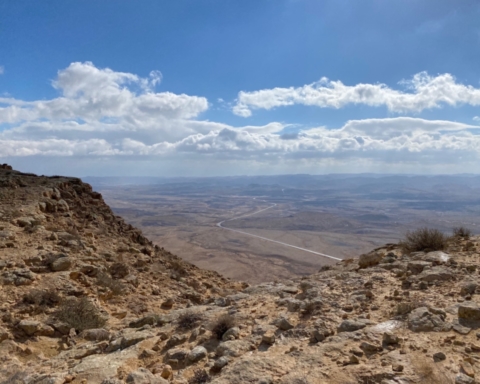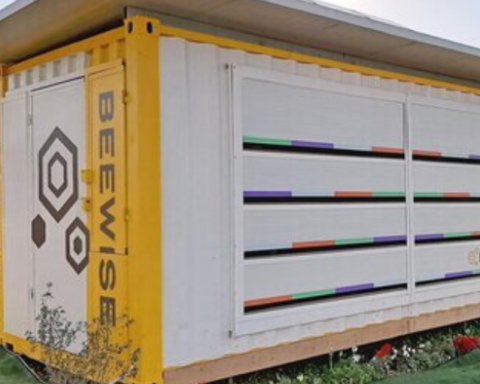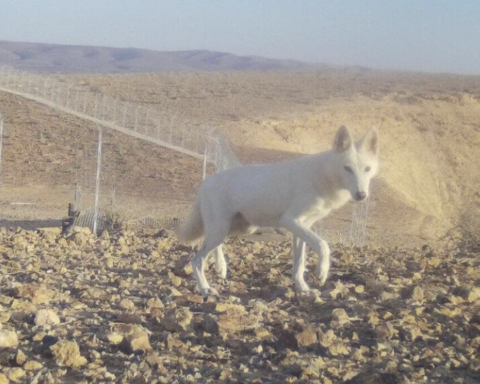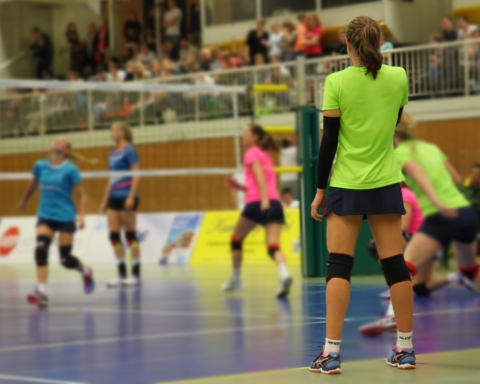The Israeli kibbutz has found its entry point into the startup nation’s ecosystem, and it promises WIFI. A staple of Israel culture, the first kibbutz in Degania was founded in 1910. It was built on principles of agriculture, teamwork and safety, and hundreds of shared communities spread across Israel following its pioneering footsteps. Today, mainstream culture has steered away from the communal vibe in order to keep up with capitalism, yet still, about 273 kibbutzim remain active.

As trends do, there seems to be a revival of shared living, seen in the explosion of co-working spaces, and a renewed ideal of shared spaces like Venn, Selina, and Treehouse are reintroducing into the world of millennials. Thanks to a younger entrepreneurial generation who desires flexibility and craves connection, many lead a ‘digital nomad’ lifestyle, and that’s where the Israeli kibbutz is making a comeback.
A new startup called Gather, co-founded by Omer Har-Shai, has created a platform to support the kibbutz retreat, or a one-month opportunity to travel, work and volunteer on a kibbutz in Israel. Har-Shai traveled across Israel and spoke with over 40 kibbutzim, and Gather is kicking off with two trial locations, Kibbutz Tuval and Kibbutz Kfar Blum. The paid program is offered to internationals as an opportunity to live, experience and belong to a kibbutz.
Not only for curious adventurers, a slew of new immigrants in Israel, who typically land in a city setting of Tel Aviv or Jerusalem, are now seeking a new place to call home. For those ready to escape urban chaos for a quieter life, kibbutzim in “The Valley”, which is the area in northern Israel in the Hula Valley along the Lebanon border, are seeing a high influx of action, and much greater demand when it comes to apartment rentals.
Many people who return grew up on the kibbutz, and there is often exclusive access when it comes to entering a kibbutz or moshav community. For new immigrants, this makes it challenging to enjoy kibbutz living, or think about settling in Israel long term.
There are downsides of course. Employment is low, and jobs are found in the center. However, with the paradigm of work shifting, perhaps more opportunities to work remotely will arise. While living in a rural landscape might be better for one’s health, another drawback is the limited access to healthcare resources, with hospitals and clinics few and far between.
Perhaps the kibbutzim on the cusp of the startup ecosystem will shine light on how crucial, desired and needed communal living can be, as it was once was. Perhaps it will inspire Israeli decision makers to put more focus on building rural kibbutzim out, instead of more urban buildings up.








